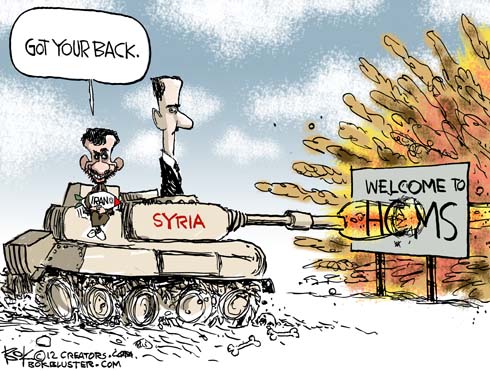Arash Karami writes: Ayatollah Rafsanjani head of Iran’s Expediency Council, has said that to resolve many of the issues plaguing the Middle East, there needs to be cooperation between the two regional rivals, Iran and Saudi Arabia. When Rafsanjani was asked about Iran-Saudi relations, he said that after statements by Ayatollah Ahmad Jannati about the passing of King Abdullah bin Abdulaziz, “The situation became worse.”
Rafsanjani believes that relations with Saudi Arabia can be improved once again, just as they were after the Iran-Iraq war in the 1980s. Rafsanjani said that after the 1979 revolution, relations with Riyadh deteriorated over Tehran’s desire to export the revolution and the Saudi support for Iraqi President Saddam Hussein in the war. However, when he became president in 1989, then-Supreme Leader Ayatollah Ruhollah Khomeini urged him to improve ties because Riyadh had banned Iranian pilgrims to Mecca, insisting citizens of a Muslim country must be able to go perform a religious duty.
Rafsanjani said that there had been two important meetings with Abdullah, one in Senegal and one in Pakistan. At the time, one of the main problems between Iran and Saudi Arabia was the price of oil. According to Rafsanjani, Abdullah said that if oil becomes too expensive, oil-purchasing countries will seek other sources of fuel. Interestingly, some believe that the sudden drop in oil prices today is related to Saudi desires to make shale gas an undesirable investment. Rafsanjani said he was able to satisfy Abdullah’s concerns regarding other forms of fuel.
Rafsanjani also said that relations had gone beyond the diplomatic, and that his and the king’s families had become close. “We have many problems in Bahrain, Syria, Iraq, Lebanon and even the occupying regime of Jerusalem [Israel]. … These are the problems, and we have to solve them. In my opinion, we can return.”
Rafsanjani stressed, “If our two countries can cooperate with each other, many things will be solved,” saying that it could eliminate a great deal of terrorism. He added that different commissions could be created to address the various issues. For instance, in the last agreement between Rafsanjani and Abdullah, they had agreed upon a commission to allow clerics to address religious differences so that they could focus on governance.
Given the regional issues mentioned above, however, powerful decision-makers in Tehran and Riyadh show no sign of being ready for a decrease in tensions between the two countries.

